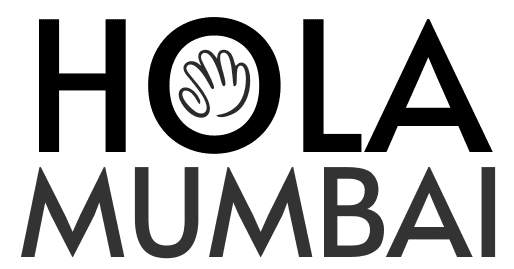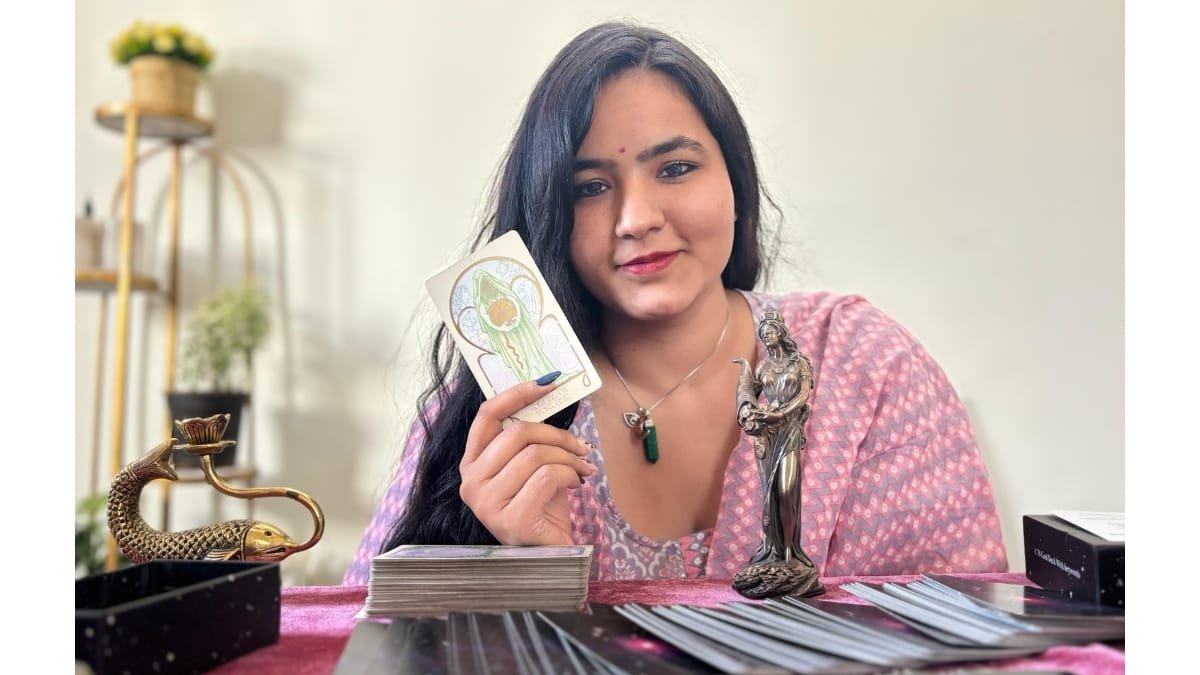New Delhi [India], April 17: In today’s fast-paced world, where stress, anxiety, and uncertainty have become an everyday reality, people constantly search for ways to find clarity and inner peace. While traditional therapy and self-help books remain popular tools for self-improvement, an age-old practice is quietly gaining recognition for its ability to provide deep insight into the human experience—tarot reading. Often misunderstood as mere fortune-telling, tarot is much more than that. It is a profound instrument of self-discovery, self-empowerment, and emotional healing. Through its symbolic imagery and intuitive messages, tarot offers guidance to those who feel lost, helping them navigate the complexities of life with greater confidence and awareness.
Understanding Tarot Beyond Fortune-Telling
The idea that tarot is solely a tool for predicting the future is one of the most prevalent misconceptions. Many people assume that tarot readers claim to foresee events with absolute certainty, but in reality, tarot is about perspective rather than prediction. The cards act as a mirror to an individual’s subconscious, reflecting their emotions, fears, desires, and thought patterns. Each card holds symbolic meaning that resonates with various aspects of the human journey, allowing individuals to gain insights into their inner world and the choices available to them.
Tarot does not dictate fate; rather, it highlights potential paths and possibilities. It empowers individuals to take charge of their lives by making informed and conscious decisions. The wisdom of tarot lies in its ability to bring awareness to one’s current emotional and mental state, helping people recognize patterns that may be holding them back. Through this process, tarot becomes an invaluable tool for personal growth and transformation.
The Role of Tarot in Mental and Emotional Wellness
Mental and emotional well-being are crucial aspects of a fulfilling life, yet they are often neglected or misunderstood. Many people struggle with suppressed emotions, unresolved traumas, and self-doubt, which can lead to anxiety, stress, and a lack of direction. Tarot serves as a gentle yet powerful way to explore these internal struggles, offering insight and guidance in a non-judgmental manner.
One of the ways tarot contributes to emotional healing is by helping individuals identify and acknowledge hidden emotions. Society often conditions people to suppress their feelings, either due to social expectations or personal fears. However, unprocessed emotions do not simply disappear; they manifest in various ways, such as stress, emotional exhaustion, or even physical illness. Tarot readings create a safe space where individuals can confront these emotions, allowing them to process and release pent-up feelings.
Furthermore, tarot provides clarity during uncertain times. Life is full of transitions—career changes, relationship shifts, personal growth journeys—that can leave people feeling overwhelmed and lost. Tarot acts as a guiding light, offering reassurance and a fresh perspective. When individuals face crossroads, tarot helps them explore their options, recognize their strengths, and understand potential outcomes based on their current energy and choices. Instead of fearing the unknown, they can move forward with a sense of direction and confidence.
Self-reflection is another essential aspect of emotional well-being, and tarot facilitates this practice beautifully. In a world where people often make decisions impulsively or based on external pressures, tarot encourages deep introspection. It prompts individuals to pause, examine their thoughts and emotions, and consider their true desires before making important choices. This mindful approach to decision-making reduces stress and enhances personal fulfillment.
Another significant benefit of tarot is that it provides a judgment-free environment for self-expression. Unlike traditional therapy, which may involve clinical analysis, tarot creates a more holistic and intuitive space for exploration. Individuals can share their thoughts and concerns without fear of being judged or misunderstood. This aspect of tarot makes it particularly appealing to those who may be hesitant to seek formal counseling but still desire guidance and emotional support.

Integrating Tarot into a Holistic Wellness Routine
For those seeking to incorporate tarot into their self-care routine, there are several ways to make it a meaningful practice. One of the simplest yet most effective methods is daily reflection. Pulling a card each morning and contemplating its message can set the tone for the day, offering insight into one’s emotions, mindset, and potential challenges. This practice fosters self-awareness and helps individuals navigate their daily experiences with greater mindfulness.
Journaling with tarot is another powerful way to deepen self-understanding. Writing about the messages received during a tarot reading allows individuals to track their emotional and mental growth over time. By documenting their interpretations and reflections, they can recognize recurring patterns and uncover profound insights about themselves. This practice also strengthens intuition, as individuals learn to trust their inner guidance more deeply.
Meditation and visualization techniques can also be enhanced through tarot. Each card’s imagery is rich with symbolism, making it an excellent focal point for meditation. For example, if someone seeks inner strength and resilience, meditating on the Strength card can help them connect with their personal power. Similarly, if someone is going through a difficult emotional phase, visualizing the healing energy of the Star card can bring comfort and hope.
Another valuable way to use tarot for self-empowerment is by seeking professional readings when needed. While self-readings are insightful, a professional tarot reader can provide a fresh perspective and deeper understanding. Skilled tarot practitioners, like Himanshi, offer personalized readings that focus on guidance, healing, and personal empowerment rather than mere predictions. These readings can be particularly helpful during life transitions or periods of emotional turbulence.
Conclusion
Tarot is far more than a mystical or esoteric practice—it is a profound tool for self-discovery, emotional healing, and empowerment. By engaging with tarot in a mindful and intentional way, individuals can gain clarity about their emotions, recognize their strengths, and make empowered choices. It offers a unique combination of introspection, intuition, and symbolism that allows people to connect with their true selves on a deeper level.
While tarot should not be seen as a replacement for therapy or professional mental health support, it serves as a complementary practice that enhances self-awareness and emotional resilience. It is a reminder that answers often lie within us; tarot simply acts as a guide to help uncover them. Through its ability to illuminate hidden emotions, provide clarity in uncertain times, and foster self-reflection, tarot remains an invaluable resource for those seeking a greater sense of purpose and inner peace.
As tarot continues to gain recognition as a tool for personal growth, more people are discovering its transformative potential. By integrating tarot into their daily lives, individuals can embark on a journey of self-empowerment, healing, and mindful living. Whether through daily reflections, journaling, meditation, or professional readings, tarot holds the power to unlock the wisdom within and guide individuals toward a more fulfilled and self-aware existence.
Disclaimer: The insights provided in this article are meant for informational purposes only. Readers are advised to approach the content with a subjective perspective and should not consider it a substitute for professional advice or decision-making. The website and its authors do not assume responsibility for any actions taken based on the information presented.

